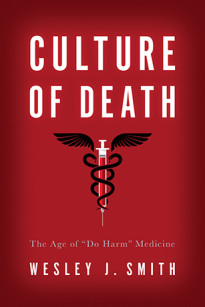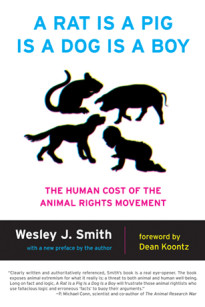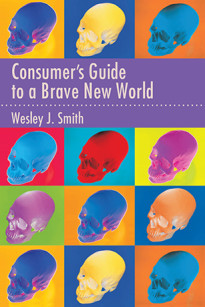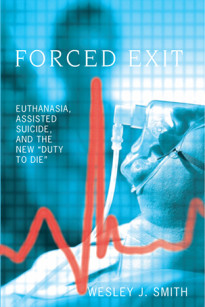Free shipping on all orders over $40
Wesley J. Smith
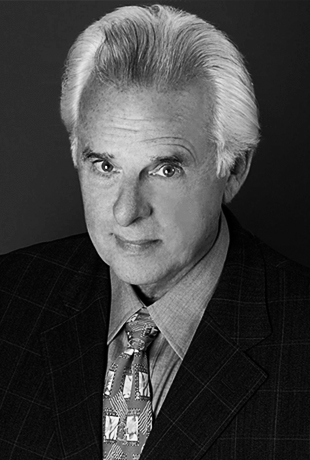
This author may be available for media and speaking engagements.
Request This AuthorWESLEY J. SMITH, lawyer and award-winning author,is a senior fellow at the Discovery Institute’s Center on Human Exceptionalism. He is also a consultant to the Patients Rights Council.
In May 2004, because of his work in bioethics, Smith was named one of the nation’s premier expert thinkers in bioengineering by the National Journal. In 2008, the Human Life Foundation named him a Great Defender of Life for his work against assisted suicide and euthanasia, work for which he also received the Legatus Cardinal John J. O’Connor Award for 2014.
Smith left the full time practice of law in 1985 to pursue a career in writing and public advocacy. He is the author or coauthor of thirteen books. His Human Exceptionalism blog, hosted by National Review Online, is one of the premier blogs dealing with human life and dignity.
Smith’s book Forced Exit: Euthanasia, Assisted Suicide and the New Duty to Die, a broad-based criticism of the assisted suicide/euthanasia movement has become a classic in anti-euthanasia advocacy and is now in its third edition, published by Encounter Books in 2006. Smith’s Culture of Death: The Assault on Medical Ethics in America, a warning about the dangers of the modern bioethics movement, was named one of the Ten Outstanding Books of the Year and Best Health Book of the Year for 2001 (Independent Publisher Book Awards).
Titles by this Author
-
Read More
This is an updated and revised edition after fifteen years of one of the classic critiques of the modern bioethics movement. The new edition will show how the threats to the equality of human life and the potential for medical discrimination have accelerated since the publication of the first edition.
- $17.99
- Add to Cart
-
Read More
Over the past thirty years, the concept of animal rights has been seeping into the very bone marrow of Western culture. One reason is that the term “animal rights” is so often used to mean simply being nicer to animals. But although animal rights groups do sometimes focus their activism on promoting animal welfare, the larger movement they represent is actually advancing a radical belief system.
- $16.99
- Add to Cart
-
Read More
What are stem cells? What is the difference between embryonic stem cells and adult stem cells, and which are most promising for medical therapy? What does embryonic stem cell research involve and why is it so controversial?
- $15.95
- Add to Cart
-
Read More
Filled with new reporting and research, this expanded edition of a classic book makes a compelling case against legalized euthanasia and takes a closer look at the truly humane and compassionate alternatives.
- $17.95
- Add to Cart
